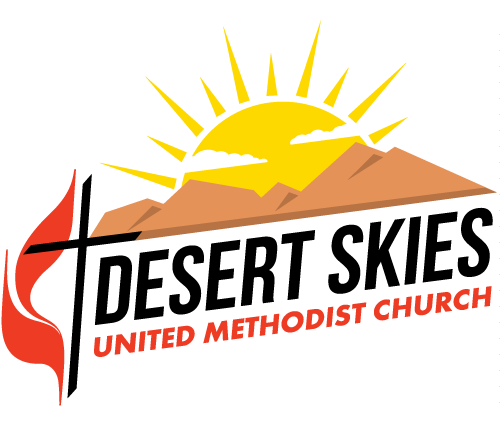Finding a Word: Listening to the Texts – March 24, 2019
Wisdom shouts in the street; in the public square she raises her voice. Above the noisy crowd, she calls out. At the entrances of the city gates, she has her say: “How long will you clueless people love your naïveté, mockers hold their mocking dear, and fools hate knowledge? You should respond when I correct you. Look, I’ll pour out my spirit on you. I’ll reveal my words to you.” (Proverbs 1:20-23)
The Wisdom tradition within Christianity invites us to love knowledge, especially the self knowledge that comes from examining ourselves in relationship to the liberating Word of God. Lectio divina (“divine reading”) is an ancient tradition of mixing the reading of scripture with prayer and meditation. Rather than an analytical approach to the words of scripture, it is a way for the words to simply be present and live in us. What will we hear when we let go of what it all is “supposed to” mean and simply let it reside within us?
